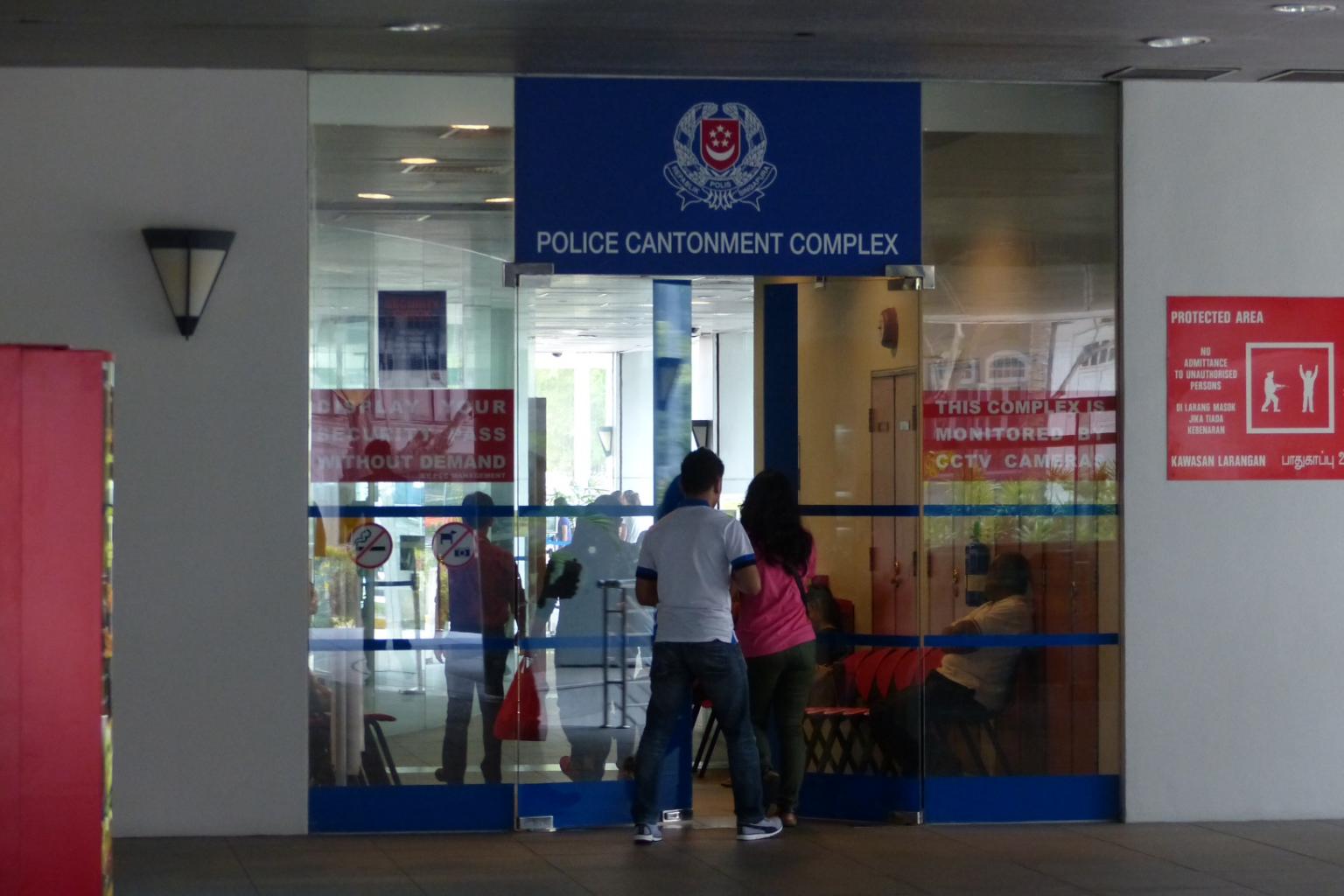Proposed legal changes: Video recording in police interviews will allow court to consider suspect's demeanour
Sign up now: Get ST's newsletters delivered to your inbox

Law enforcment officers will be able to decide, based on the suitability of a case, whether to take a statement in writing or via video recording.
PHOTO: LIANHE WANBAO
SINGAPORE - The use of video recording during interviews will allow the court to consider the demeanour of suspects and witnesses and assess whether the statements were made voluntarily, and how much weight to place on them.
For vulnerable victims, video-recorded statements are also aimed at minimising the trauma they may face in recounting their ordeal, when these are used in place of testimonies.
These proposed changes to the Criminal Procedure Code and Evidence Act by the Ministry of Law (MinLaw) aim to strengthen the powers of investigators as well as increase the protection for the vulnerable.
MinLaw, which shared details of the amendments in a media briefing last Friday (July 21), said the plan is for video recording tobe introduced in phases, after the laws are passed some time later this year (2017).
Law enforcment officers will be able to decide, based on the suitability of a case, whether to take a statement in writing or via video recording.
Already, officers have been trained on the skills and techniques needed for video-recorded interviews.
Such statements would be made compulsory for certain crimes, such as for suspects of serious sexual offences.
To prevent the videos from being leaked on the Internet or sold on the black market, several safeguards will be put in place.
For instance, defence lawyers will be able to view a video-recorded statement only at an approved place, such as a police station. The unauthorised copying, use or distribution of the video will also be an offence.
In 2015, the Ministry of Home Affairs said it would study the feasibility of video-recording interviews with suspects in a pilot programme. But this did not take place, as the appropriate legislative framework was not yet in place.
Other changes to empower investigators and ensure that justice is served include allowing a male police of Immigration and Checkpoints Authority officer to search a woman suspected of terrorist act.
MinLaw said that this will enable more effective detection and prevention of terrorists threats, against an increasingly complex security environment.
At present, only a female officer may search a woman suspected of a criminal offence.
Meanwhile, the proposed changes to the bail regime will require sureties to prove that they can cover the amount forfeited if a person "jumps bail". This may involve producing CPF statements or proof of income or assets.
Electronic tagging will also become a possible bail condition for those who are at a lower risk of absconding.


